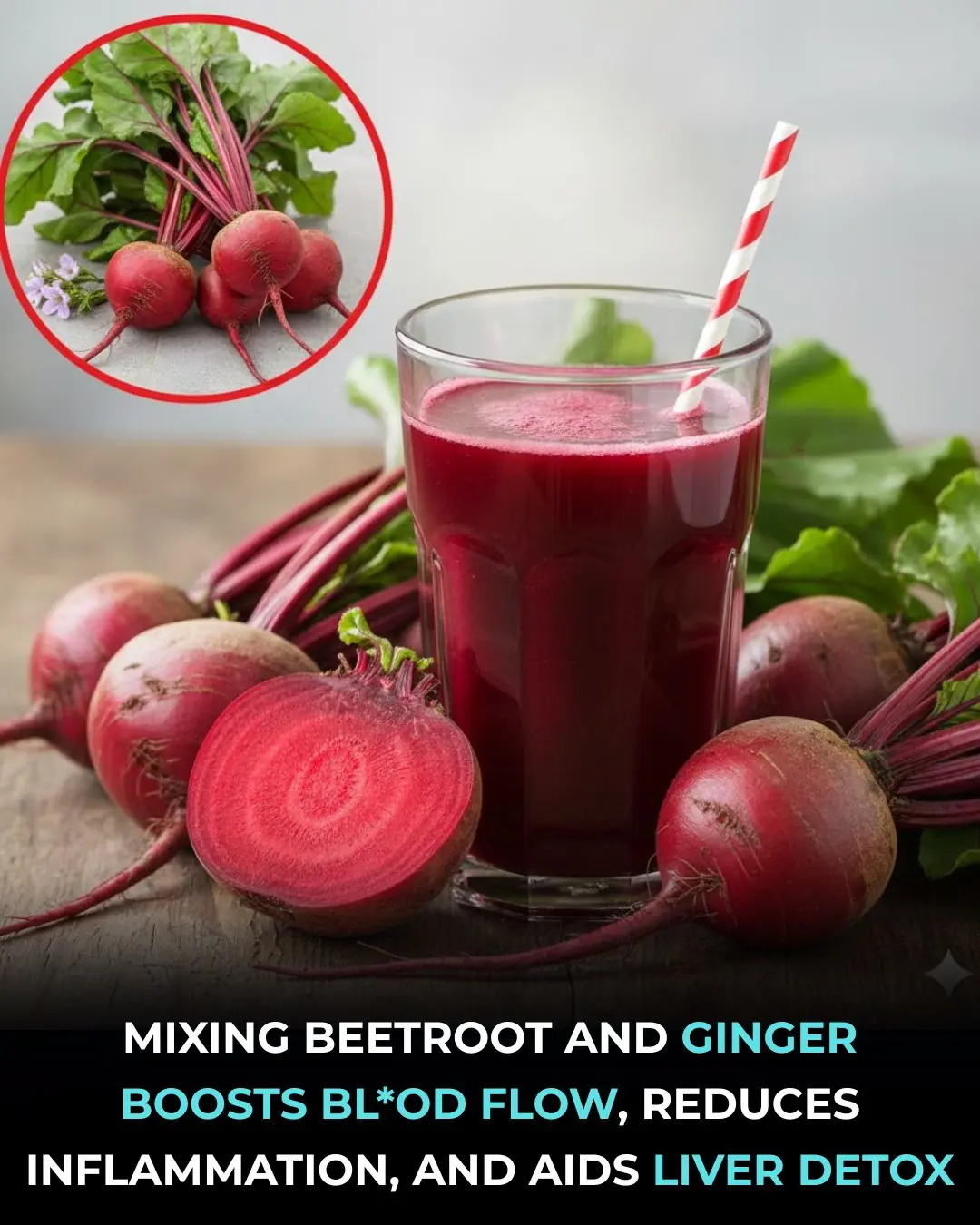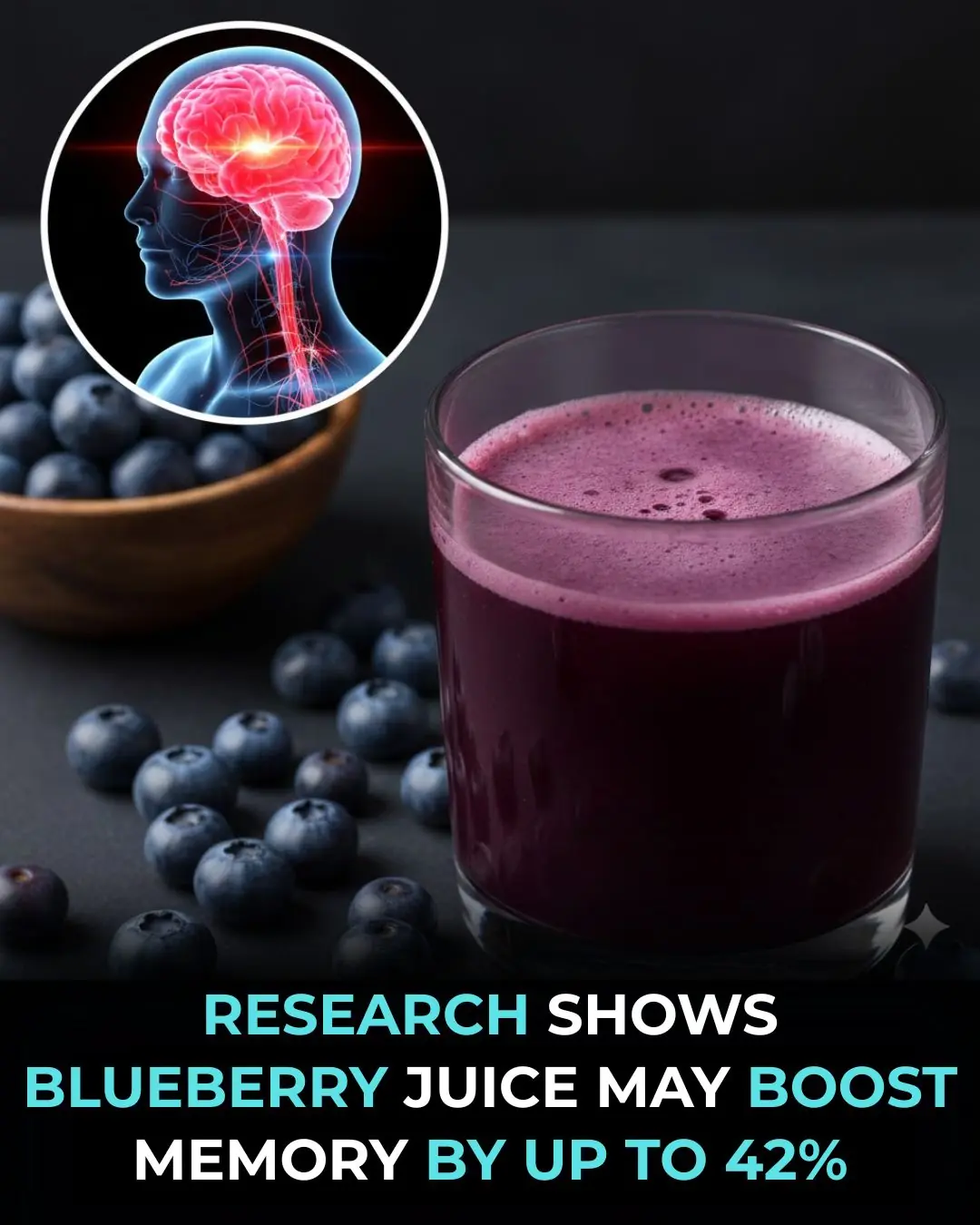
What Happens to Your Body When You Eat Canned Tuna Every Day

Canned tuna is one of the most convenient and protein-dense foods available — quick to prepare, budget-friendly, and loaded with nutrients that support overall health. Many people rely on it for easy meals, from sandwiches to salads. However, while it offers impressive benefits, eating it every single day may also pose certain risks that are important to understand.
Here’s an expanded and detailed look at how daily canned tuna consumption can affect your body — the advantages, the potential downsides, and what you should be aware of to stay healthy.
1. A Reliable Source of High-Quality Protein
Canned tuna is a rich source of lean, complete protein — essential for muscle repair, immune function, hormone production, and cell growth.
-
A 100-gram serving provides about 25 grams of protein, covering nearly half of an average adult’s daily requirement.
-
Regular intake can help preserve and build muscle mass, especially if you exercise frequently, engage in strength training, or are trying to lose weight while maintaining lean tissue.
-
Because tuna is low in fat and calories, it also fits well into a weight-management or fitness-oriented diet.
For people with busy schedules, the convenience of canned tuna makes reaching daily protein goals significantly easier.
2. Omega-3 Fatty Acids: Heart, Brain, and Anti-Inflammatory Benefits
Tuna provides valuable omega-3 fatty acids — particularly EPA and DHA — which play critical roles throughout the body.
Omega-3s help:
-
Reduce inflammation
-
Lower triglyceride levels
-
Improve cardiovascular health
-
Support cognitive function and memory
-
Enhance mood and emotional well-being
Regular consumption of omega-3-rich foods like tuna can contribute to long-term heart protection and sharper mental performance. However, because tuna also carries certain risks (like mercury), balance is essential.
3. Packed with Essential Vitamins and Minerals
Canned tuna delivers an impressive range of micronutrients that support overall health:
-
Vitamin D – strengthens bones, regulates calcium absorption, and boosts immune defenses
-
Vitamin B12 – crucial for nerve function, metabolism, and red blood cell formation
-
Selenium – a potent antioxidant that protects cells from oxidative damage and supports thyroid function
-
Niacin (Vitamin B3) – promotes energy metabolism and supports healthy skin
These nutrients make canned tuna a nutrient-dense food that helps maintain energy levels, supports healthy metabolic function, and reinforces the immune system.
4. Mercury Exposure: The Most Significant Risk
The biggest concern with eating tuna every day is the risk of mercury accumulation.
Tuna, especially albacore, yellowfin, and other larger species, tend to contain higher mercury levels because they are higher on the food chain.
Excess mercury can lead to:
-
Neurological issues
-
Cognitive impairment
-
Developmental problems in children
-
Increased risk for pregnant and breastfeeding women
FDA recommendations:
👉 Limit tuna consumption to 2–3 servings per week to stay within safe, long-term mercury exposure limits.
Daily intake can easily exceed these guidelines, especially if you consume larger portions.
5. Be Cautious About Sodium Content
Many types of canned tuna — especially those packed in brine or flavored varieties — can be surprisingly high in sodium.
Too much sodium can:
-
Raise blood pressure
-
Increase the risk of heart disease
-
Lead to water retention and bloating
Tip:
✅ Choose water-packed, low-sodium, or no-salt-added versions whenever possible.
6. BPA Exposure from Can Linings
Some tuna cans use linings that contain Bisphenol A (BPA), a chemical linked to:
-
Hormonal disruption
-
Fertility issues
-
Increased cancer risk
Although many companies are moving toward BPA-free packaging, not all brands have made the switch.
Look for labels that clearly state:
👉 “BPA-free”
7. Common Drawbacks of Canned Foods
While canned tuna is convenient, the canning process has some limitations:
-
Preservatives and Additives: Flavored or seasoned varieties often include extra chemicals, stabilizers, or artificial ingredients.
-
Reduced Freshness: The fish may not match the freshness of high-quality fresh or frozen tuna.
-
Nutrient Loss: Heat used during canning can destroy heat-sensitive nutrients, particularly some B vitamins.
-
Texture Differences: Canned tuna can be drier or less flavorful than fresh options, which may affect meal satisfaction.
Healthy Ways to Enjoy Canned Tuna
To maximize the benefits and limit the risks, consider these simple tips:
-
✅ Rotate tuna with lean meats, eggs, beans, lentils, or tofu to diversify protein intake.
-
✅ Choose water-packed, low-sodium, or no-salt-added varieties.
-
✅ Stick to 2–3 servings per week, especially for albacore tuna.
-
✅ Buy BPA-free cans whenever possible.
-
✅ Try mixing tuna with vegetables, whole grains, or healthy fats for balanced meals.
The Bottom Line
Canned tuna is nutritious, affordable, and extremely versatile — a great source of protein, omega-3s, and essential vitamins. It supports heart health, muscle maintenance, and overall wellness.
However, eating it every day comes with real risks, including mercury exposure, high sodium intake, and potential BPA contamination.
Moderation is key.
By choosing quality brands and varying your protein sources, you can continue enjoying the many benefits of canned tuna — safely and responsibly.
News in the same category


7 powerful vitamins you need for strong, healthy legs

Why Boiled Eggs Deserve a Spot on Your Breakfast Table

2-Minute Painless Hair Removal: Natural At-Home Solution

Grounding with Trees: How Barefoot Earthing and Tree Energy Restore Your Natural Balance

10 signs you’re eating too much sugar

A Natural Drink That Helps Ease Knee Pain in Just 14 Days

Drink this daily to support cleaner arteries

If your eyes look like this, your liver’s in trouble

Stop Wasting Money on Pills — Try Chayote Instead! (Natural Remedy Guide)

Beetroot and Ginger: A Powerful Natural Duo for Whole-Body Wellness

Blueberries and Brain Power: Can This Small Fruit Really Boost Memory?

Top 5 drinks to INSTANTLY improve leg circulation and blood flow

8 Early Warning Signs Of Ovarian Cancer You Shouldn’t Ignore

New research links common blood pressure drug to increased bleeding risk

1 carb proven to prevent colon cancer, clear arteries & eliminate inflammation

How & Why You Need to Freeze Lemons (Detailed Instructions)

4 alarming symptoms of vitamin B12 deficiency you can’t ignore!

Raise your legs every day & 7 surprising things will happen to your body!
News Post

Loose Women's Janet Street-Porter screams for help after collapsing in car park

Pregnant Rebecca Adlington 'taking each day as it comes' after heartbreaking miscarriages

Ex-Emmerdale star Kelvin Fletcher and wife Liz share 'magical' family farm update

A-list actress looks completely unrecognizable in new ‘Hunger Games’ trailer

DIY Homemade Hair Dye That is Effective

How To Use Almonds To Get Rid Of Neck Wrinkles

Scientists Reactivate the Brain’s Self-Cleaning System, Hinting at a Breakthrough for Alzheimer’s

Miracle Indian Bridal Ubtan For Skin Brightening

mRNA Vaccines Show Early Evidence of Slowing Cancer Progression

The Real Crime Is Hunger: A Judge’s Moral Verdict on a Child’s Desperation

The Plant That Kills Cancer Cells, Stops Diabetes And Boosts Your Immune System!

7 powerful vitamins you need for strong, healthy legs

Beware Portuguese Man-of-War Found on Beach

When washing clothes, don’t just put in detergent! Do this little trick, dirty clothes will be like new!

Injectable Gel Breakthrough Brings New Hope for Nerve Regeneration

Why Boiled Eggs Deserve a Spot on Your Breakfast Table

Goodbye Synthetic Dyes: Doritos Join the Push for Cleaner, Transparent Ingredients

Breakthrough Research Suggests Kidney Damage May Be Reversible After All

How Intermittent Fasting Protects the Heart: New Evidence on Blood Clots and Cardiovascular Health
